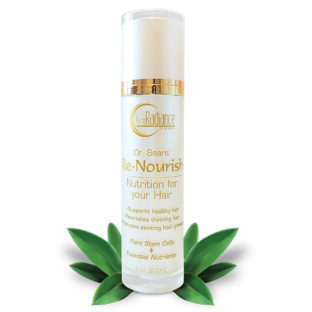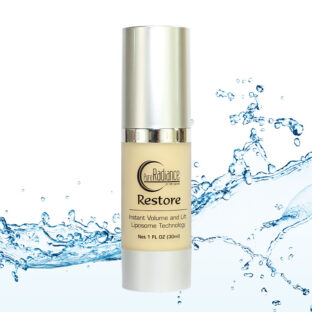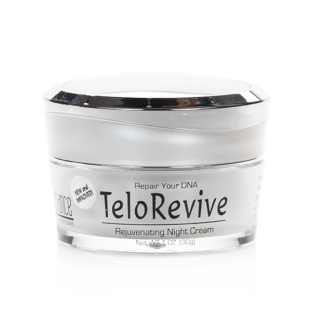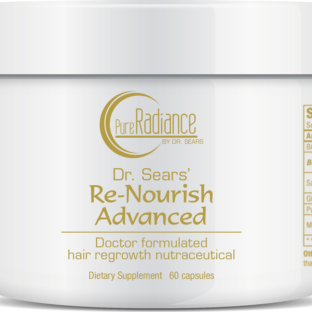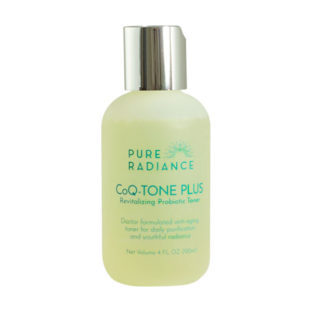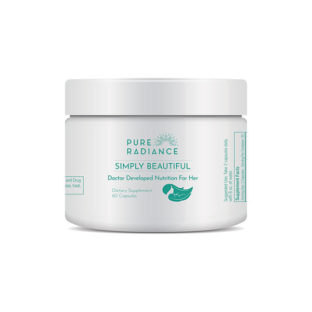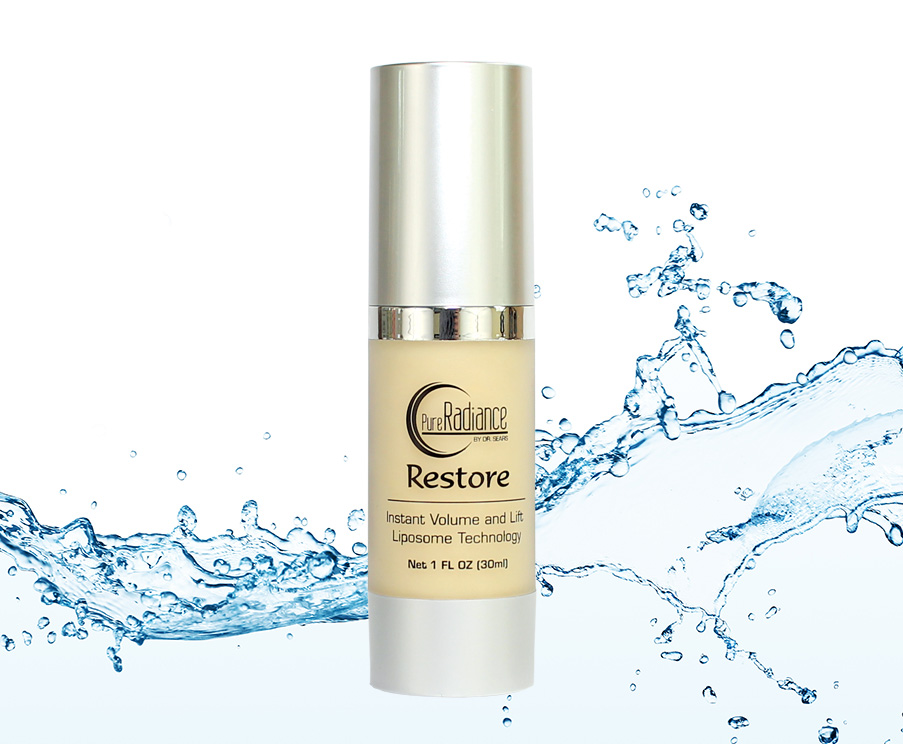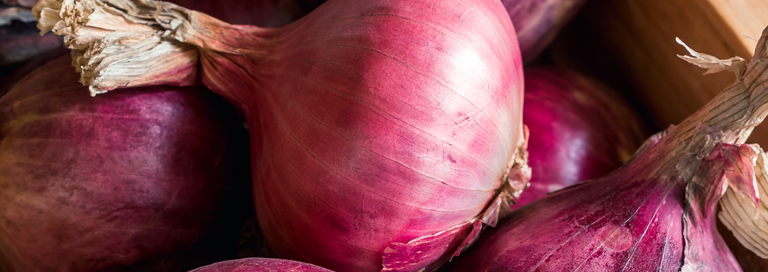
This powerful antioxidant reduces your susceptibility to viruses and prevents them from multiplying once they’ve entered your body.1
I’m talking about quercetin, the plant pigment found in onions, apples, berries, cocoa, and red wine.
Studies found that quercetin is a powerful immune booster that provides broad-spectrum protection against the common cold as well as a number of viruses including the flu, SARS, Ebola, H1N1 – and even COVID-19.
Quercetin Reduces Virus Persistence By 76%
A brand-new study published in the International Journal of General Medicine found that patients given quercetin significantly reduced virus persistence by 76% in the first week, compared to less than 10% in the standard care group.2
Previous research shows that quercetin’s antiviral capacity works in three ways. Studies show this immune booster can help prevent the virus from infecting cells and reduce the reproduction of cells that are already infected.
In fact, this natural supplement is so powerful that the U.S. Department of Defense tested it to see if it could protect our soldiers from contracting deadly viral infections.
They gave study participants a daily dose of 1,000 mg of quercetin (along with vitamin C and niacin to boost quercetin levels and improve bioavailability) or a placebo.
They found that after five weeks, those who were given quercetin were significantly less likely to develop a viral infection after putting their bodies under considerable stress for three consecutive days. Only 5% of the treatment group got sick, compared to 45% of the placebo group.3
In a second study by the Defense Advanced Research Projects Agency (DARPA), researchers infected four groups of mice with the H1N1 virus. Two of the groups were put into stressful situations, while the others were not. Half the animals were given quercetin.
Researchers found that after three days, 50% of the control group became ill with H1N1.
Again, only 5% of the quercetin-supplemented group did.4
Virus Protection Is Only The Beginning…
But viruses aren’t the only diseases this antioxidant can protect you from. Studies show that quercetin:
- Reduces markers of Alzheimer’s and improves brain function in early-middle stages of the disease.5
- Strengthens blood vessels and lowers blood pressure.6
- Leads to prevention and treatment of metabolic diseases like diabetes and obesity.7
- Lowers inflammation, the root cause of heart disease, cancer, and autoimmune diseases.8
- Reduces your risk of lung, skin, ovarian, endocrine, and cervical cancers.9
This incredible antioxidant can even protect your skin and increase collagen.
There’s a little-known study I found that looked at the effects of quercetin on aging skin cells that were no longer making new copies. After treating the skin cells with quercetin, they were revitalized and started to reproduce again.10
Quercetin can also improve skin elasticity, giving you a fresh-faced glow. When researchers apply quercetin directly to skin, it increases collagen by 23% in just 72 hours.11 Collagen is essential because it forms the supporting mesh beneath your skin. It keeps your skin tight and wrinkle-free.
While it’s always best to get nutrients like quercetin from food, that’s almost impossible today. I recommend supplementing with 500 mg twice a day. If you’re battling a virus, increase to 1,200 mg daily.
But there’s a special form of quercetin called isoquercetin (quercetin 3-glucoside). Compared to the more common supplemental form, which is quercetin rutinoside, isoquercetin is better absorbed and reaches the bloodstream 10 times faster. It’s also three times as bioavailable.
My Favorite Source Of Quercetin
But one of my favorite sources of quercetin comes from a noble plant I discovered on my travels in Africa. Called buchu, this botanical is so rich in quercetin that I use it as a natural flu remedy.
I suggest sipping buchu tea. Here’s the easy recipe I learned in South Africa.
- Place four teaspoons of dried buchu leaves into two cups of boiling water.
- Let the dried leaves soak in the hot water for about 10 minutes.
- Strain out the leaves.
- Add a spoonful of honey or Stevia to sweeten.
Because buchu is a strong herb, I recommend taking it with food.
To Your Good Health,

Al Sears, MD, CNS
References:
1. Davis J, et al. “Quercetin reduces susceptibility to influenza infection following stressful exercise.” Am J Physiol Regul Integr Comp Physiol. 2008;295(2):R505-R509.
2. Pierro F, et al. “Potential clinical benefits of quercetin in the early stage of COVID-19: results of a second, pilot, randomized, controlled and open-label clinical trial.” Int J Gen Med. 2021;14:2807-2816
3. Davis JM, et al. “Quercetin reduces susceptibility to influenza infection following stressful exercise.” Am J Physiol Regul Integr Comp Physiol. 2008;295(2):R505-R509.
4. Wu W, et al. “Quercetin as an antiviral agent inhibits influenza A virus (IAV) entry.” Viruses. 2016;8(1):6.
5. Lu Y, et al. “Quercetin enrich diet during the early-middle-late stage of Alzheimer’s disease ameliorates cognitive dysfunction.” Am J Transl Res. 2018;10(4):1237-1246
6. David AVA, et al. “Overviews of biological importance of quercetin: A bioactive flavonoid.” Pharmacogn Rev. 2016;10(20):84-89.
7 Ostadmohammadi V, et al. “Effects of quercetin supplementation on glycemic control among patients with metabolic syndrome and related disorders: A systematic review and meta-analysis of randomized controlled trials.” Phytother Res. 2019;33(5):1330-1340.
8. Leyva-López N, et al. “Flavonoids as cytokine modulators: A possible therapy for inflammation-related diseases.” Int J Mol Sci. 2016;17(6).
9. Kashyap D, et al. “Fisetin and quercetin: Promising flavonoids with chemopreventive potential.” Biomolecules. 2019;9(5):174.
10. Chondrogianni N, et al. “Anti-ageing and rejuvenating effects of quercetin.” Exp Gerontol. 2010;45(10):763-771.
11. Apichart V, et al. “The effect of quercetin on expression of SOX9 and subsequent release of type II collagen in spheno-occipital synchondroses of organ-cultured mice.” Angle Orthod. 2012;82(2):247-253.


